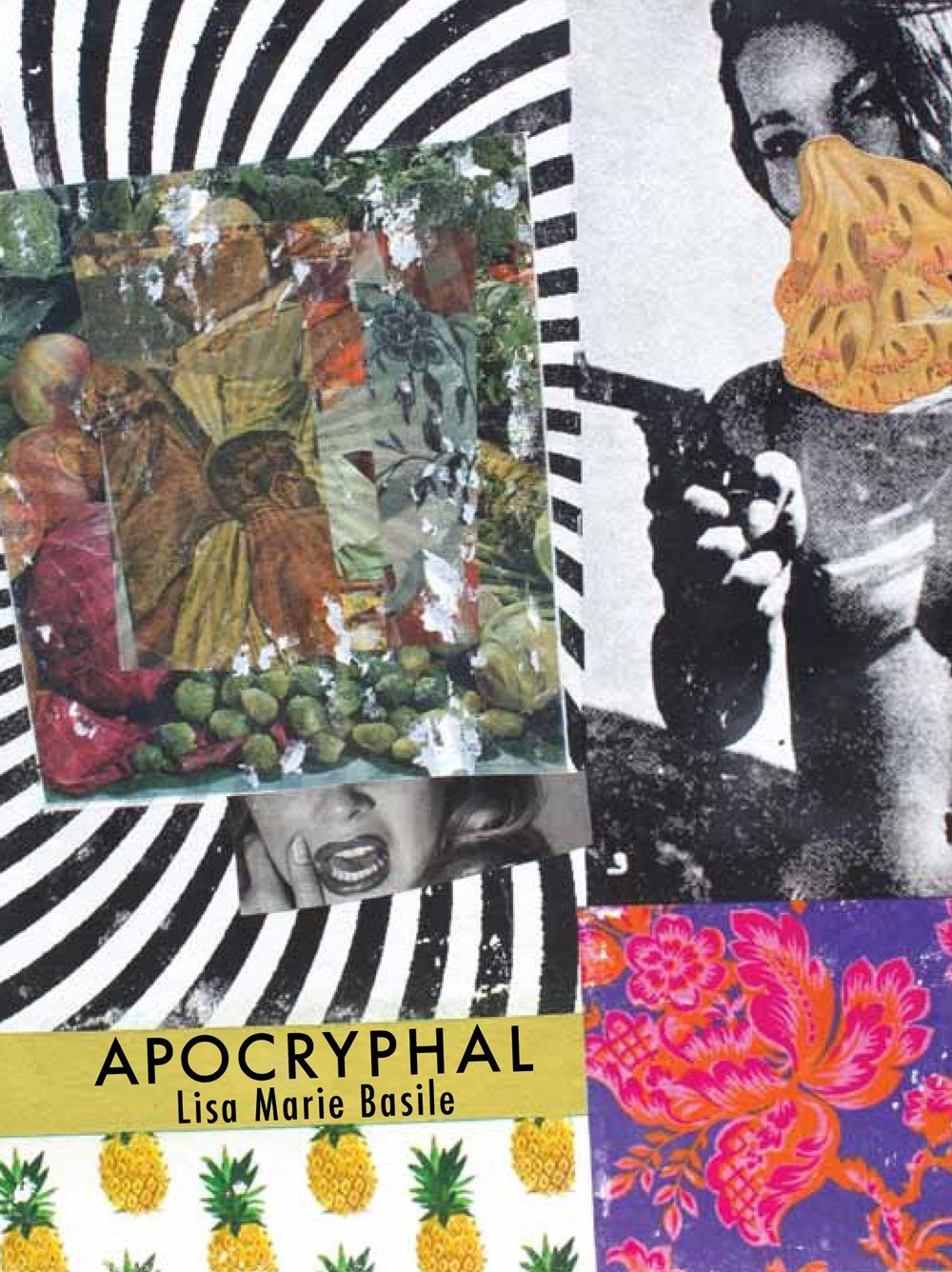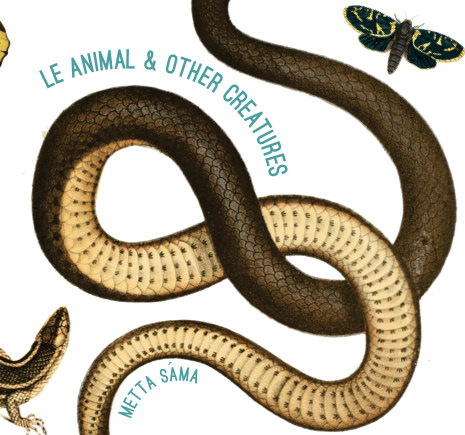A Piece of Information About His Invisibility: A Poem by Laressa Dickey
– Reviewed by Becky Varley–Winter –
The cover of A Piece of Information About His Invisibility is a plant with its roots showing, and a small framed photograph of a girl (Laressa Dickey as a child?), enclosing a long, somewhat prose-y poem about memory and place (the Tennessee of Dickey’s childhood). The blurb tells me that this work ‘tracks the inevitable loss that takes place between siblings who must grow up’: the dedication ‘for my brother‘ creates a certain poignancy before I begin reading.
At several points in the pamphlet I’m reminded of a listening exercise: sit back to back with another person and ask them to tell you a memory. Although you can’t see their face, what they tell you filters vividly into your mind, enhanced by the fact that you can’t see their expression as they are speaking: you just listen to their voice. Which is to say that a lot of the details described in these pages appear to be from Dickey’s memory, and she does not attempt to weave them into a story that’s overtly intelligible. She doesn’t put them into context. Presences flicker into view and leave again:
Ben says, what’s so great about clarity?
Sweet chimes made him smile his 13-year-old smile.
This might make the work ‘inaccessible’, but it doesn’t completely. I am moved without really knowing what is happening. For example, in the opening stanza:
If I had known we were walking here from the bridge
toward home, how we sat, who were we kidding,
I looked at the overturned boats and wept,
tide out, it’s just the tide out.
Why weep at the overturned boats? It’s not explained, and the lines don’t follow each other. But memory works that way, doesn’t it? There are recurring hints of being on the run from the past: ‘January found me’, as if the speaker’s been stopped in their tracks, or:
You will never stop
you dream your body will break
if you do
At certain points she seems to explain: ‘This is the map of my body in this house as I remember it’, but this is mixed with items of internal significance, so it’s like reading someone’s diary or leafing through a drawer. Bottles of medicine crop up: ‘Melatonin, Vitamin E, Joint Capsules’. Also bits of dialogue, and daily routines:
She cooked breakfast and worked in the cotton field and cooked dinner and worked in the cotton field and cooked supper …
A collection of music in a drawer is followed by ‘The great silence’, which crops up again on the closing page. It makes me think of how much family life is atmosphere, feelings you can’t fully place, and reminds me of Virginia Woolf’s novel Jacob’s Room, in which the main character is described only through his contact with other people, as a kind of absent centre: lines like ‘This is like a psalm you overheard’, or ‘Iva May Rose dies and no-one notices.’
At times the poem feels homesick. There’s something possessive about
My butter
My ocean
My cotton | wood
yet also a sense of not fully belonging, being intrusive: ‘A stray dog yells GET OUT FROM HERE!’.
Towards the end, I stop trying to thread it together and just enjoy particular lines: ‘I tell you I am watching orchids bloom in my body.’ Although it’s for Dickey’s brother, he could be one of several ‘He’s who ‘collapse and return’:
Always a boy and his dog wandering over the surface of the moon
kick off dust before entering a roomtiny violins inside the violins
but he leaves flares while the dog howls at the earthI am only this bone standing upright
There’s a mystery to this that can’t be dissipated, although the howling dog feels distressed, and ‘I am only this bone’ sounds lonesome.
Beehives are a recurring touchstone, suggesting interconnectivity, family, and defensiveness. The poem ends abruptly, feels like a non sequitur:
Worker bees rob the bleeding hearts
– they are pink like his ears are pinkunder the tide
they can’t tell just who
we favor
What is this ending doing, how does it relate to what went before? Who is this ‘we’? Is the pink-eared person submerged in the tide? are the bees somehow underwater? There’s circularity of sorts, the work beginning with the tide going out and ending with the tide flooding in, but it’s inconclusive. There’s a ‘boy sitting at table waving’: it feels elegiac, like walking into an empty house and looking for traces of somebody or something, listening for old snatches of music.





